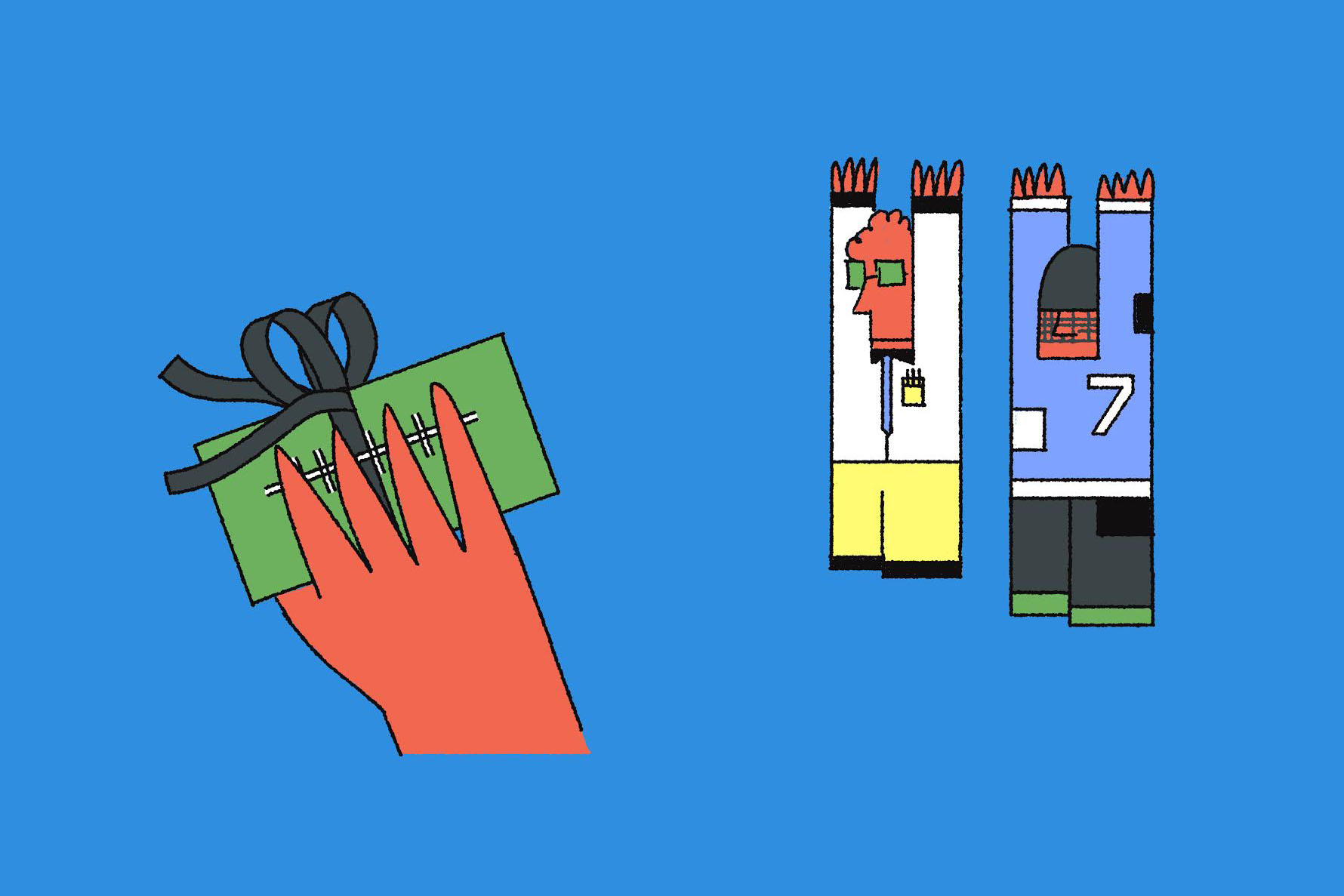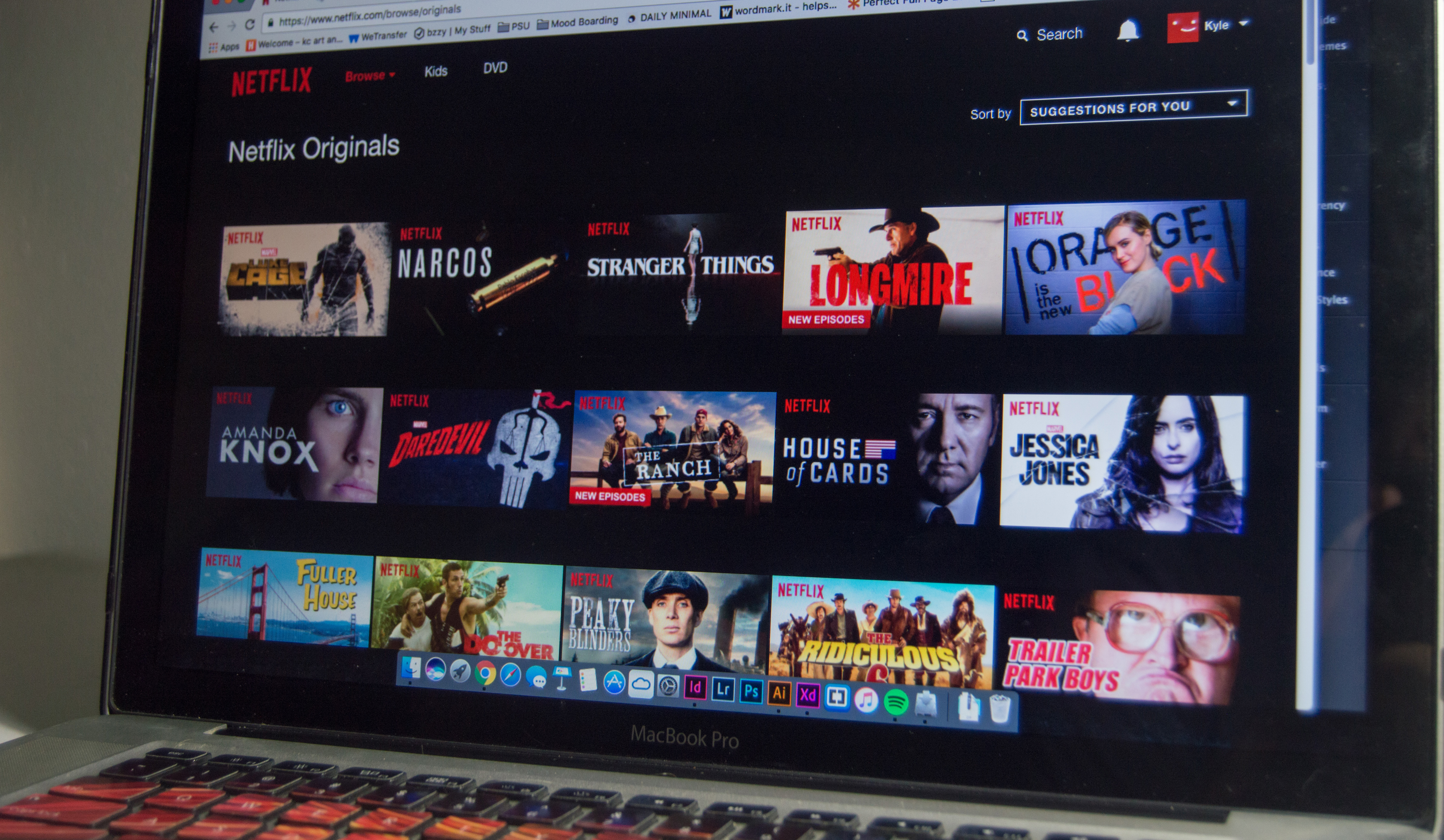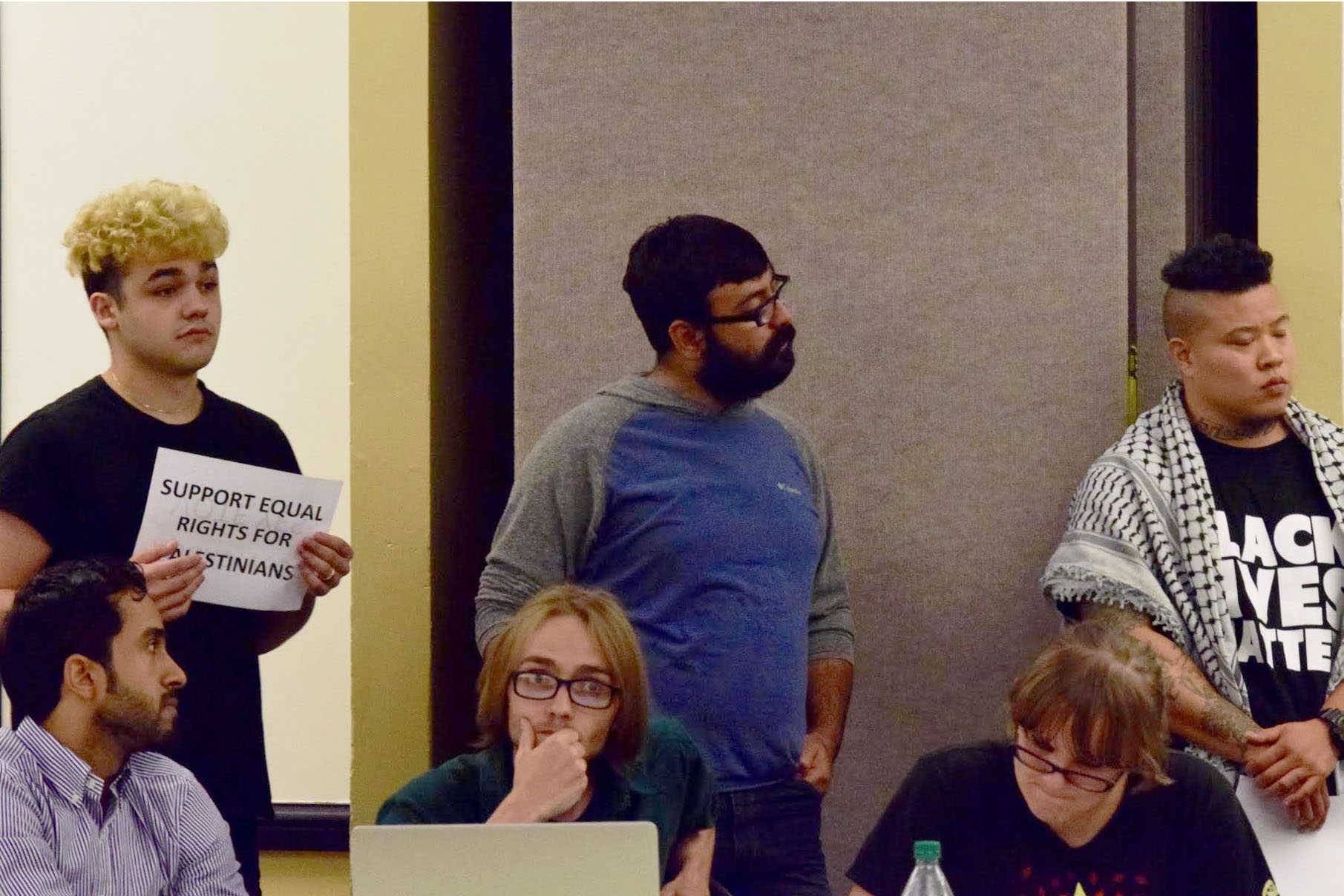I went through a time in my life when I thought everything revolved around high school sports. Despite my passion, sports were part of my past long before graduation came, when I realized that they had little room left in my future.
Although I was involved in sports throughout high school, I stayed focused on academics. I believed that I would receive better rewards for my success in the classroom rather than on the court and it seemed hopeful when I graduated high school with a perfect straight-A record and a promising ACT score.
It began to baffle me when suddenly the scholarships never came and my hard work seemed to go unnoticed. I felt as if I had done everything right: I had been involved with clubs, sports and volunteering, I maintained a solid GPA and I had even gotten a job to prove just how well-rounded I could be.
Still, schools were reluctant to grant me any money. Despite all my achievements and all I had accomplished, my hard work was not rewarded by scholarships.
I was left to handle college finances on my own.
It infuriated me beyond belief when I got to college and met athletes who had been handed scholarship after scholarship simply for their athletic performances. The more I talked to student-athletes and discovered exactly what the school had rewarded them with—scholarships, full-ride tuition, paid room and board, meal plans—the more angry I became.
What sort of messages were colleges trying to send? Are athletes worth more than students? Are they more valuable because they provided entertainment? Were they given better perks because of the revenue their athletic program brought in for the school? My anger only grew worse when I discovered what the academic ability—or lack thereof—seemed to be for some athletes. I felt useless and invisible when students with half the academic success as other students were rewarded with so much more.
Why couldn’t I, a person who worked hard to achieve good grades, not be rewarded with the same? Why should they be given more when they had arguably done so much less?
My bitterness towards college athletes grew and grew, and I stood on my soap box until my sister became a collegiate student-athlete.
I watched my sister, who was undoubtedly ten times the athlete I could ever be, spend hours in the gym after school. When other students went home to finish assignments, work on essays or compete homework, my sister dedicated her time to the knee pads and the gym floor. After the hour-long practices were over, she couldn’t simply come home and collapse in exhaust. No matter how late at night it was and no matter how tired she felt, she had to keep up with the demands of school.
It was harder for her during season when the games and tournaments stacked up and her week consisted of nothing but her sport. Away games required travel time which resulted in missed classes. This made it harder for her to learn the material and it demanded her to be responsible for her own learning and her own assignments. She had to work twice as hard to stay on top of the information, and she had only small windows of time in which she could study or complete homework.
Despite the amount of school she missed, the number of assignments that were due or the endless worry she encountered when her academics began slipping, she could never lose sight of her team.
She was expected to perform well every time she stepped on the court. Her mind was to be centered on the game no matter how many things she had to do off the court. She was physically tested and mentally worn down during practices, games and tournaments. Still, she was expected to succeed.
She was expected to succeed both off and on the court and that is a greater form of pressure that very few students will ever experience in college.
So, no, athletes do not have the same job as students, just as students do not have the same job as athletes. Each are expected to do different things. But to determine that one or the other is undeserving of a reward is only closed-minded and selfish.
Athletes will spend their time on the court just as writers will spend their time near a computer and students will spend their time in the library. Neither is right or wrong or more privileged than the other; they are simply chasing what their heart beats for.






